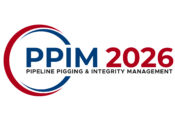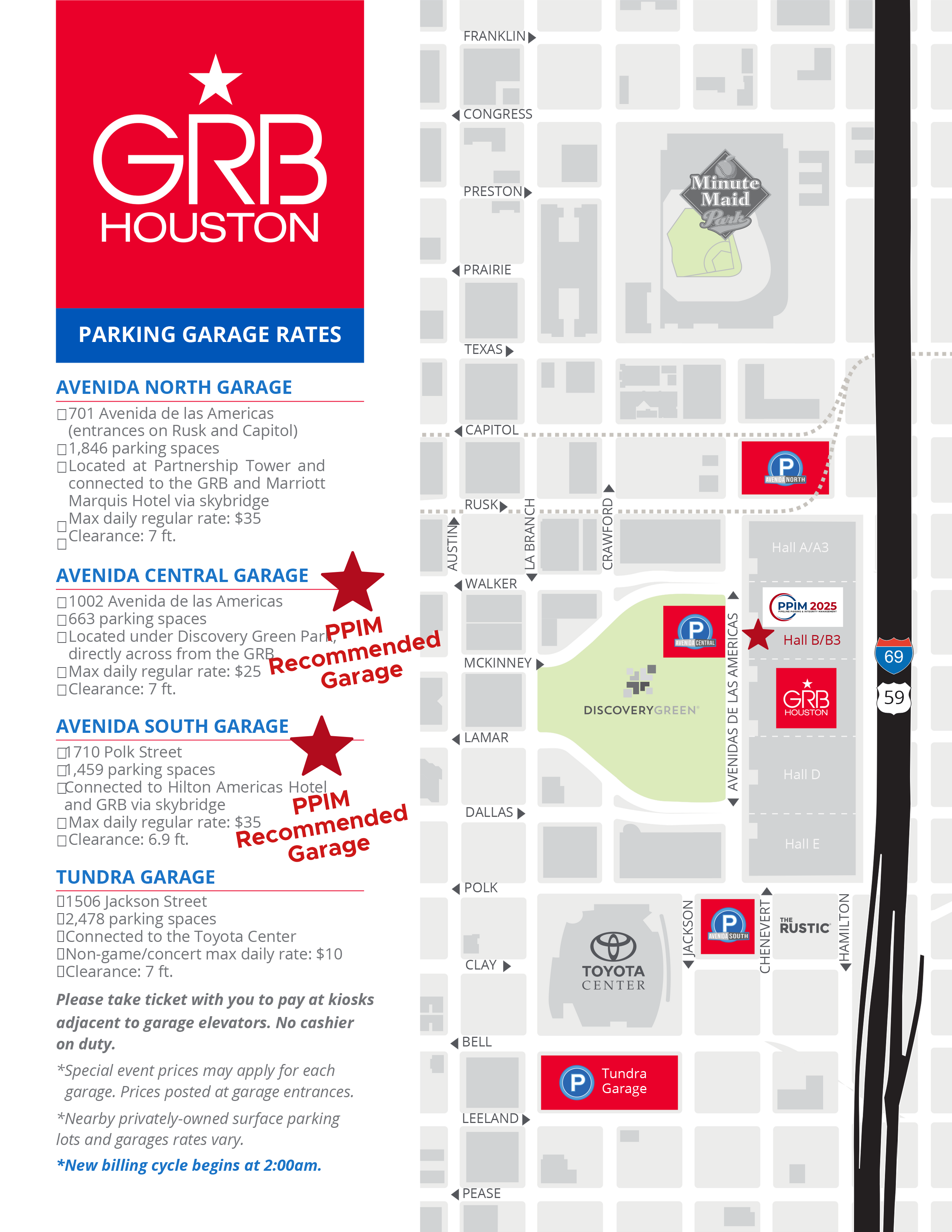COURSE A. ASSESSING CRACKS & LONG SEAM WELD ANOMALIES
The course will present key material properties and engineering fracture mechanics principles that govern static and fatigue evaluations of planar flaws in pipelines and how to relate these principles to the PHMSA requirements.
COURSE B. ADVANCED PIPELINE INSPECTION & ASSESSMENT: Method Selection, Integration & Implementation
There are really only three methods to monitor, detect and manage time dependent threats (EAC’s, Internal and External Corrosion) along onshore, buried sections of line pipe steels.
NEW! COURSE C. NDT FOR MATERIAL VERIFICATION OF PIPELINE STEELS
Participants of this course will be introduced to the theory and implementation of state-of-the-art nondestructive testing methods to verify material properties, not only for compliance with regulatory requirements but also for better informing their integrity management programs. Attendees will learn about benchmark laboratory destructive testing and measurement uncertainties, as well as develop an understanding of the elements necessary to establish a successful internal materials verification program. Throughout the course, within each section of the syllabus, case studies will be used to solidify key concepts.
COURSE D. PIGGING AND IN-LINE INSPECTION COURSE
The Pigging and In-line Inspection Course is designed to provide a comprehensive introduction to all aspects of utility and in-line inspection pigging. Led by four of the most experienced, independent experts in this field today, the course will be conducted as a workshop, and attendees will be actively encouraged to participate. The course content will be fully illustrated, with actual pigs and models being used to aid understanding and help overcome any language difficulties. Comprehensive course notes will be provided, which will form a valuable source of reference afterwards.
COURSE E. DEFECT ASSESSMENT IN PIPELINES
This course will present the latest defect-assessment methods to pipeline engineers and managers. These methods will range from simple, quick, assessment methods, to the more-detailed —fitness for purpose— analysis. The course is highly interactive and takes the form of lectures, workshops, and case studies.
COURSE F. PIPELINE INTEGRITY MANAGEMENT
The seminar provides a sound review of Pipeline Integrity Management strategies, in compliance with regulatory requirements, including self assessment. It is highly interactive and takes the form of lectures and case studies. On completion of the seminar, participants will have a solid understanding of the procedures, strengths, limitations, and applicability of the main issues that comprise a Pipeline Integrity Management Program.
COURSE G. HYDROSTATIC TESTING OF PIPELINES
This course is designed for pipeline personnel in engineering, integrity management, operations, and regulatory compliance roles. This course will cover a wide range of topics related to hydrostatic testing of pipelines for gas and hazardous liquid service for both in-service and new construction according to CFR 49 Parts 192 and 195.
COURSE H. PIPELINE REPAIR METHODS, HOT TAPPING & IN-SERVICE WELDING
The objective of this course is to provide an in-depth overview of the various aspects of pipeline repair and modification (full-encirclement sleeves, hot taps, etc.) as well as to address the concerns for welding onto in-service pipelines. A thorough understanding of the factors that affect the concerns for welding onto in-service pipelines will allow repairs and modifications to be made with confidence. The proper use of in-service welding allows both economic and environmental benefits to be realized by avoiding pipeline shutdown and interruption of service. The course is intended for a wide range of personnel – from engineers and managers to welders and inspectors.
I. ADVANCED PIPELINE RISK MANAGEMENT
Risk management has been embraced by both the pipeline industry and regulatory agencies as a way to not only increase public safety but also to optimize all aspects of pipeline design, operations, and maintenance. This workshop is designed to equip attendees with the information and the know-how to set up and implement a comprehensive risk management program for pipelines. It will go into considerable depth in explaining the latest methods for risk profiling. The focus will be on the establishment of a program that not only fulfills regulatory requirements, but also gives the pipeline owner/operator a long-term decision support tool.
Participants will leave with the necessary tools to begin or strengthen risk assessment practice leading to a formalized risk management program. As much as is possible, course content will be directed to specific audience needs.
COURSE J. ANALYTICS AND MACHINE LEARNING for PIPELINE INTEGRITY
This course will present the basics of machine learning and how the process is used to support integrity and risk management. This in-person version of the course presents real use cases and hands-on activity (using your data or samples we provide) so participants can experience first-hand how analytics and ML work and can be exploited. Case applications will be related to ILI: learning models to apply to unpiggable pipelines, learning models to estimate mitigation costs, using statistical approaches to understand root cause of detected defects, compliance-related requirements such as risk model validation, dealing with data quality, sparse data, and rare threats.
NEW! COURSE K. API 1163 VERIFICATION AND VALIDATION WORKSHOP
This course is for engineers responsible for verifying and validating in-line inspections (ILI) of pipeline system in accordance with the third edition of API Standard 1163 “In-line Inspection Systems Qualification. Students will learn practical techniques for verifying and validating a metal loss ILI in accordance with API 1163, 3rd edition. The course includes and provides instructions on the use of an API 1163, 3rd edition, spreadsheet recently released by PRCI to validate ILI results. Exercises will ensure students understand how to use the software, and they will help students build and maintain the skills needed to successfully apply API 1163, 3rd edition. The skills used for metal loss inspection program can also be applied to crack-detection and other inspection programs.
COURSE L. INTEGRITY AND REPURPOSING OF HYDROGEN PIPELINES
This course introduces hydrogen in the context of the energy transition. It offers an overview of the history of hydrogen and its pivotal role in the need for decarbonization. Subjects such as the different production methods and uses of hydrogen, the need for hydrogen pipelines, and the differences between hydrogen and natural gas pipelines, will be covered. These variations are driven by the diverse characteristics of hydrogen and natural gas, including the embrittling impacts of gaseous hydrogen. The operational and risk concerns of hydrogen compared to natural gas will be evaluated, and available code guidance on the conversion of natural gas pipelines will be summarized. The theory of hydrogen embrittlement and its related cracking threats and effects on mechanical properties will be covered, as well as the relevant testing constraints and procedures. The impact of these variations on defect assessments and fitness-for-purpose, and the needs for a holistic hydrogen conversion and integrity management process, are outlined.
NEW! COURSE M. MANAGING GEOHAZARDS FOR PIPELINE INTEGRITY
The threat from geohazards has received increasing attention among operators and regulators over the last decade. Several notable failures have received public attention, and PHMSA has stated their intent to focus on geohazards and has released two bulletins specifically addressing geohazards since 2019. Many operators are challenged with how to manage geohazards and the lack of clear requirements in this space make it difficult to know where to begin. This course will cover the basic level of information necessary for operators to understand and begin addressing geohazards.



